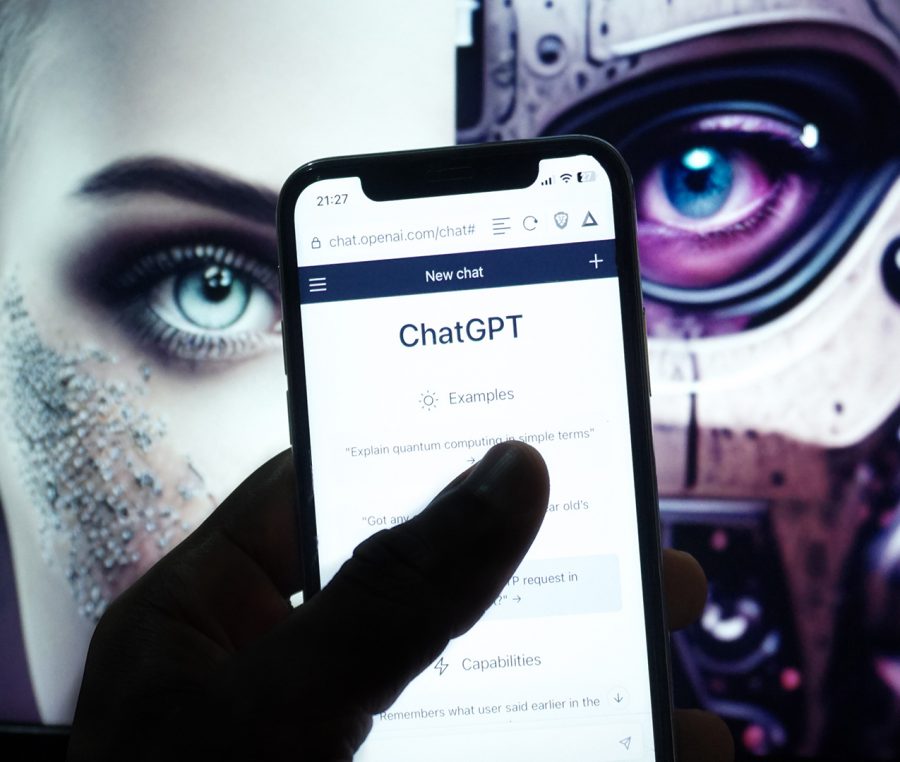We have all seen recent headlines involving OpenAI’s ChatGPT, a generative chatbot language model that uses deep learning to produce human-like responses to inquiries. ChatGPT was released at the end of November 2022, and since then has created buzz in business and legal communities. Google is also on the generative AI train, releasing its competitor, Bard, in February.
ChatGPT takes massive amounts of data and is trained to rapidly provide responses. Simulations have shown the model providing reports, drafting poems and summarizing current events issues. Yet, it is clear the technology is still very new, as some users have noted receiving network errors based on the complexity of a request to ChatGPT, or have received a notification that “ChatGPT is at capacity right now,” indicating there is more work to be done to make the technology increasingly usable.


 Credit: Adobe
Credit: Adobe




